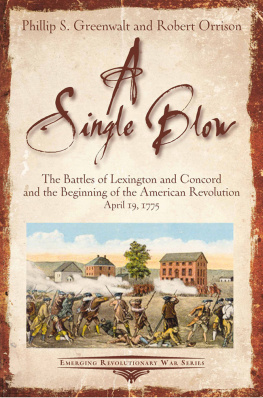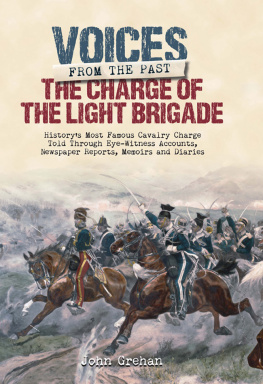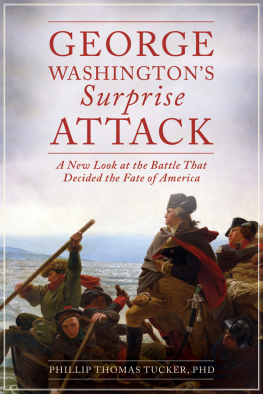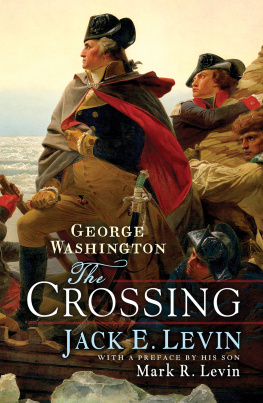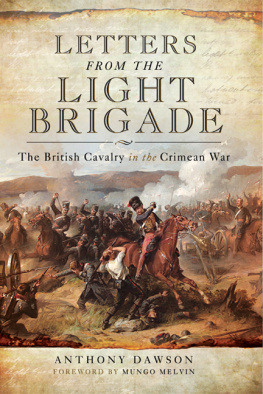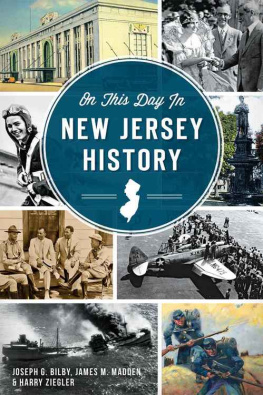


To Mimi, who is quite historical
Contents
Introduction
I F EVENTS ARE FAMOUS, YOU MAY say to yourself, gazing at the subtitle of this book, why in the world should we know more about them? Theyre famous , after all. And famous means well known, renowned, eminent, illustrious, celebrated. But, really, how much do you know about Hannibals crossing of the Alps with a herd of elephants? Its famous , of course. But did you know that almost all the elephants died? And that one reason why the location of Hannibals high and treacherous path across the mountains remained hidden for so many centuries is that it became a fiercely protected smugglers route?
In many ways, being famous obscures the actual event, in the same way that fame blinds us to the human reality of a movie star or other celebrity. So what Ive tried to do here is bring what really happened to life and place it within a historical context, to help the reader understand its significance. The Crusades, for example, are the subject of uncountable romantic legends, poems, novels and films, and as myth-ridden as any famous event in history; but since these holy wars of the eleventh to thirteenth centuries still have a bearing on the religious conflicts of today, its important to know the reality behind them.
Not all of Historys Greatest Hits have had a major impact on subsequent history, of course, and many are famous for other reasons. Some are simply notorious. The Charge of the Light Brigade didnt change history, but reading about the brigades commanding officer, James Thomas Brudenell, the Seventh Earl of Cardigan a man one historian has called unusually stupid reminds one in a salutary way about the inadvisability of putting idiots in charge. George Armstrong Custer was not quite as big an idiot as Brudenel, but led his men to their Last Stand just as recklessly and here, of course, part of why we remember the event is that not one soldier of Custers command survived: we are haunted by the ghosts of his Seventh Cavalry, and the ghosts of what might have been.
Many of the events described in this book have had a major impact on our cultural history, and in some cases have become part of our language. We all have our last stands, meet our own Waterloos, and mutter Et tu, Brutus when betrayed by a friend (alothough Caesar didnt actually say that as the knives struck home). Understanding these events enriches our general knowledge and enhances our appreciation of this shared history.
Drawing on in-depth studies of the protagonists of these events by other historians, I have also tried to impart at least a little of what was going on in the minds of certain great leaders from Queen Elizabeth I and Christopher Columbus to George Washington and Winston Churchill. This, in turn, helps make these famous events more comprehensible.
Finally, I hope I have been able to tell a good story or two here. For many people, the last time they will have read about the Battle of Agincourt or the Great Fire of London or the Wall Street Crash was in some dry and mustry schoolbook, but these events and others recounted here are absolutely fascinating (if sometimes horrible) and we shouldnt be able to tear our minds eye from them if they are retold effectively. History in ancient times was an oral tradition stories told and reenacted in front of an appreciative audience and Historys Greatest Hits aims to impart some of that spoken feel and bring these episodes to life once more.
The Ancient World
250 BC 500 AD
218 BC
Hannibal Crosses the Alps
How One of Historys Most Determined Leaders Drove an Entire Army and a Herd of Elephants over Western Europes Highest Mountains
I N THE THIRD CENTURY BC, the ancient North African kingdom of Carthage fought the up-and-coming power Rome for control of the Mediterranean basin. This lengthy and bloody conflict took three wars known as the Punic Wars and one hundred years to resolve. In the end, Rome was the victor, Carthage, famously, the loser, the once-grand old city burned literally to ashes, its people sold into slavery, its very earth sown with salt, so that nothing could ever grow there again. After this victory, Rome was well on its way to establishing its thousand-year empire, while Carthage became merely an echoing and distant memory. Except, that is, for one man: Hannibal Barca, whose extraordinary feat of crossing the Alps with a large army and a herd of battle elephants has captured human imaginations for 2,500 years.
Its doubtful whether we would know anything about Hannibal were it not for a dogged Greek-born historian named Polybius, who, writing fifty years after the event in his History of the Roman Republic , even tried to trace Hannibals route and talk to descendants of those who had fought with the legendary Carthaginian. What a word picture Polybius paints. He reports that, as Hannibal stood in the foothills of the Alps, with mountains of indescribable height looming behind him mountains no army had ever crossed he addressed his nervous troops in this way: What do you think the Alps are? They are nothing more than high mountains No height is insurmountable to men of determination.
Hannibal had come up with an extraordinary military and logistical plan: a way to attack Italy, not by sea, which the Romans with their powerful navy could readily guard against, but from the north, after traveling through mountains many thought impassable. But it was not just his logistical adeptness that motivated his army to travel one thousand miles through hostile territory, from Spain, across the Pyrenees and through southern France to Italy. It was also the fact that he was one of the most determined and inspiring leaders in history, driven by what may have been a passionate hatred of Rome, but was certainly a passionate need to win at any cost.
I WILL USE FIRE AND STEEL
The Punic Wars the name comes from the Latin word Punicus , meaning Phoenician, for Carthage began as a Phoenician colony in the seventh century BC were about territory and wealth. In the third century BC, Carthage, located in modern-day Tunisia, controlled much of the islands of Corsica, Sardinia, and Sicily, southeastern Spain, and a good deal of the North African coast to present-day Israel. Rome, on the other hand, was just emerging as the conqueror of many of the city-states of the Italian Peninsula, and wanting to extend its dominion into the Mediterranean. The First Punic War began in 264 BC as a battle for control of Sicily and lasted twenty-three years. Carthage lost and was pushed out of Sicily and forced to pay a huge indemnity to the Romans. It turned its attention to building up an empire in Spain, but the Romans werent about to let that happen either.
In 221 BC, Hannibal Barca, the twenty-five-year-old son of a legendary Carthaginian commander, took control of Carthaginian forces in Spain after his father was killed fighting the local tribes. He immediately began an aggressive campaign against some of the wild Celtiberian tribes to the north; when he besieged the city of Saguntum (now Sagunto in Spain), which the Romans thought was rightfully theirs, they demanded that he be brought to Italy in chains. But Hannibal scoffed at the emissaries who demanded that he give himself up and break off the siege, and in 218 BC the city fell to the Carthaginians in an orgy of slaughter. Diplomatic relations between Carthage and Rome were then broken off and the Second Punic War commenced.
Next page



